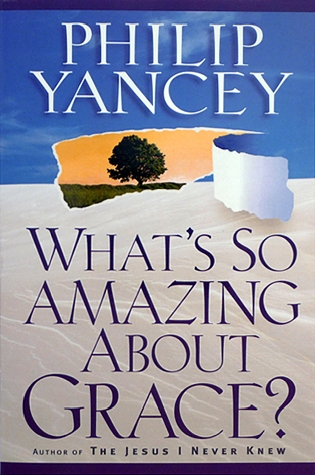


- Rich Dad Poor Dad by Robert Kiyosaki – I was teaching high school mathematics and one of my students came up to me with a book that had a garish purple, gold and black cover and he asked me if I had read it. That was Rich Kid, Smart Kid, which I later learned was the fourth in a series that started with Rich Dad, Poor Dad. Kiyosaki introduced many financial concepts with a creative twist. It was mind-blowing and quite relevant for me at that time when I was also struggling with finances, a new baby, and trying out new ventures with my wife. A warning though, when reading Kiyosaki, is not to get too caught up by the stories and thinking that you can duplicate exactly the same thing with the same results. The concepts are good and solid but you still have to approach investments with proper risk management and assessment depending on the specific set of circumstances you face.
Favorite Passage: Rule #1: You must know the difference between an asset and a liability, and buy assets. If you want to be rich, this is all you need to know. It is rule number one. It is the only rule. This may sound absurdly simple, but most people have no idea how profound this rule is. Most people struggle financially because they do not know the difference between an asset and a liability. Rich people acquire assets. The poor and middle class acquire liabilities that they think are assets.
- The Entrepreneur by William E. Heinecke (with Jonathan Marsh) – The simple cover of this book attracted me, and though I had no idea who Heinecke was, I decided to pick it up from the shelf and buy it. And then I read a fascinating story about this American teenager who decided to start two companies in Bangkok, armed with only a high school diploma and a little over a thousand dollars that he had borrowed from a moneylender. He later on became responsible for bringing Pizza Hut to Thailand, for opening luxury hotels and shopping malls, ice cream franchises, restaurants, manufacturing operations, and so on.
Favorite Passage: Brands are only as good as their people and their passion for excellence…While a powerful tool, a brand is only as good as the people using it — and if you have chosen the right people, they can just as easily create a new brand and even, in some cases, fashion a better one if asked. In a nutshell, people build brands, brands don’t build people.
- What’s So Amazing About Grace? by Philip Yancey – I grew up in a strongly Protestant family but I went to Catholic school, and my father, who was an elder in the church, would alway warn me not to be swayed by Catholic doctrine and practices. I must have been around 10 or 11 when I found a book in the house. I forgot the exact title but it was about what Catholics believe and why they were wrong. That was probably the start of my being quite a legalistic and doctrine-centric Christian, and I was always so fond of debating and discussing this or that issue. I was out to dominate, to win (“for Jesus”), and to be right. So this book by Yancey was completely different because it conveyed the very opposite of what I was doing — which was to offer grace to those who thought and acted differently. Even today as a nonbeliever, I still hold that the world would be a much better place when we display grace, kindness and compassion. One of my favorite quotes, which goes well with this book, is by Wayne Dyer: “When you have a choice to be right or to be kind, choose to be kind.”
Favorite Passage: On the surface the word [“grace”] may seem a shorthand expression for the fuzzy tolerance of liberalism: can’t we all just get along? Grace is different, though. Traced back to its theological roots, it includes an element of self-sacrifice, a cost…Grace dies when it becomes us versus them.
Email me at andy@freethinking.me. View previous articles at www.freethinking.me.